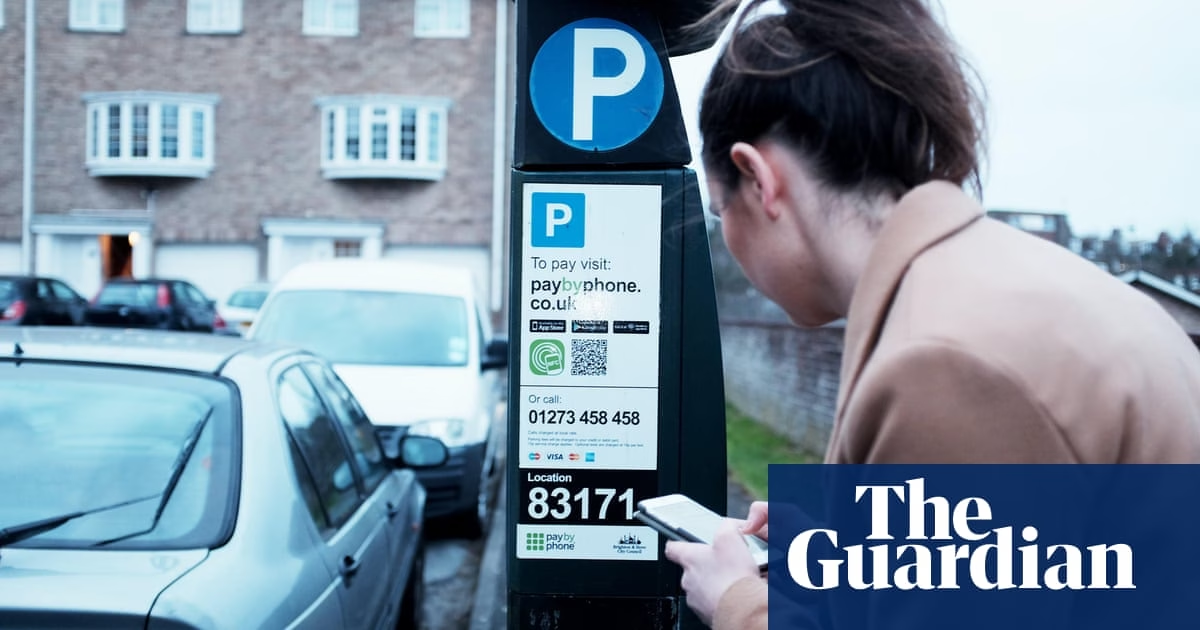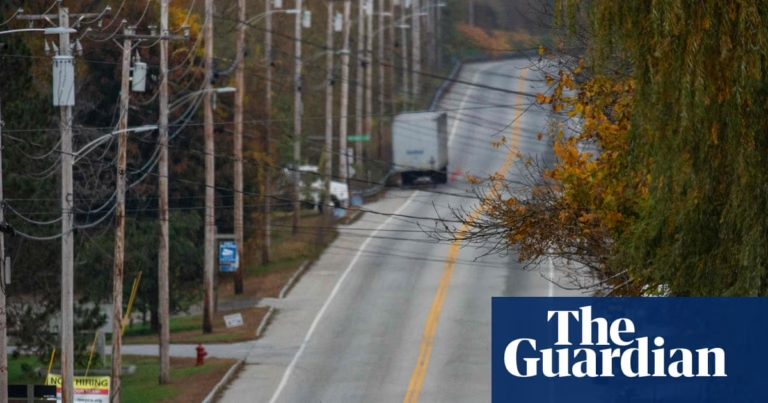Motorists across England are facing significant increases in parking costs, as local governments implement additional fees aimed at discouraging the use of older, polluting vehicles. The charges, which are being introduced to combat air pollution and encourage a switch to cleaner modes of transport, have been criticized for their lack of transparency and the potential to unfairly penalize certain drivers.
One in five councils now adds a charge linked to air quality to the cost of parking. These fees are part of efforts to reduce the use of diesel and petrol vehicles, which contribute to poor air quality. East Sussex and Bath and North East Somerset are among the areas that have recently adopted such measures. Notably, most of London’s boroughs have adopted similar charges based on the type of fuel a vehicle uses, adding to the low-emission zone costs that older vehicles must pay.
The charges, which can significantly increase the cost of parking, are often not clearly displayed on street signs or parking notices, leading to confusion among drivers. This lack of transparency, as well as the complexity of the charges which vary based on the vehicle’s compliance with emissions standards or engine size, has drawn criticism from motoring organizations. They argue that drivers are left without clear information about how much they will have to pay until they are ready to settle their parking fee through an app.
Councils justify these measures as necessary to combat environmental pollution. However, they have been accused of imposing a stealth tax that disproportionately affects lower-income drivers. The variations in charges across different localities can lead to significant financial burdens, with some areas charging up to ten times more than others for parking permits. For instance, in Lambeth, the cost of annual permits has surged drastically, affecting key workers like teachers and doctors.
Residents and workers in areas affected by these charges argue that the surcharges are unfair. They contend that the rapid and unpredictable nature of these increases makes it difficult for them to budget for necessary transportation costs, especially if they rely on vehicles that are compliant with the latest emission standards but still subject to additional levies.
Meanwhile, some councils are exploring broader applications of these charges, including extending them to electric vehicles based on battery size. The revenue generated from these charges is purportedly used for infrastructure improvements and environmental initiatives.
The use of apps for payment, which facilitates the collection of data on vehicle emissions and engine size, has also raised concerns about accessibility, as those without smartphones may face difficulties in managing these charges.
Political scrutiny of these charges reflects ongoing debates over the balance between environmental protection and the financial implications for drivers. As these fees continue to spread across England, concerns over fairness, transparency, and the impact on local economies remain at the forefront of public and political discussions.
Source: https://www.theguardian.com/money/2025/apr/10/price-of-parking-rises-steeply-due-to-english-councils-clean-air-surcharges







